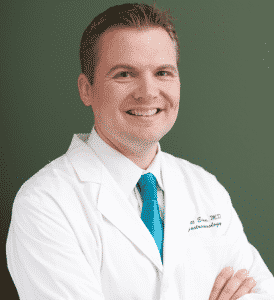Early detection is the key to beating this cancer! If you know someone 50 years or older, make sure they know about the importance of colon cancer screening. Thank you in advance for helping to promote this awareness message and let me know if you have any questions related to colon cancer.
In health,
Matthew Eidem, MD
Colonoscopy Information
What is a colonoscopy?
Why is colonoscopy regarded as the gold standard for colon cancer screening exams?
Is colonoscopy painful?
Do I need to have an office visit prior to scheduling a colonoscopy?
How much does a colonoscopy cost in Plano, TX?
What is the difference between a screening and diagnostic colonoscopy?
A screening colonoscopy is for those over the age of 50 with no symptoms (either past or present) and without a personal or family history of gastrointestinal disease, colon polyps, or cancer. Insurance will typically cover 100% of the cost of a screening exam once every 10 years beginning at age 50.
A colonoscopy is classified as diagnostic if the patient has past or present history of gastrointestinal symptoms or disease, polyps, or cancer. Diagnostic cancer screenings are typically covered by insurance but the cost is generally applied to your deductible. This means that you may be responsible for the cost of the procedure.
Does the type of doctor make a difference when screening for colon cancer?

